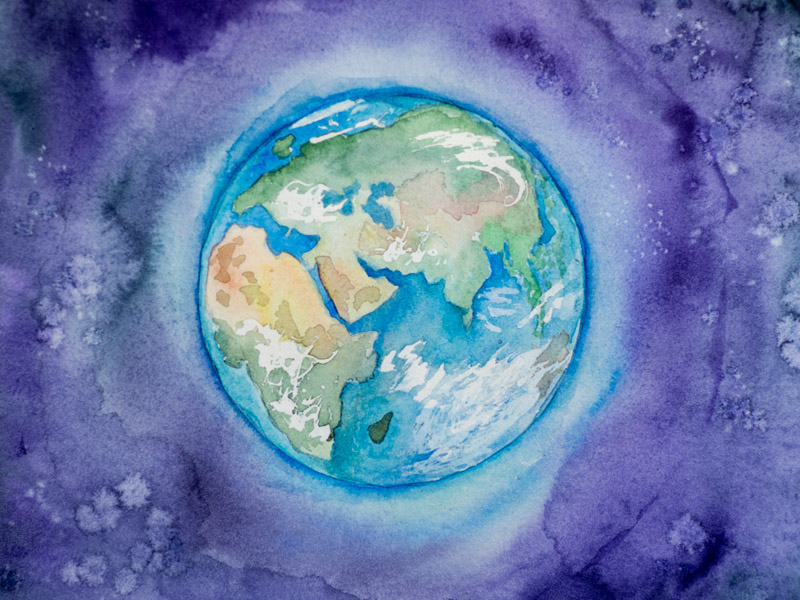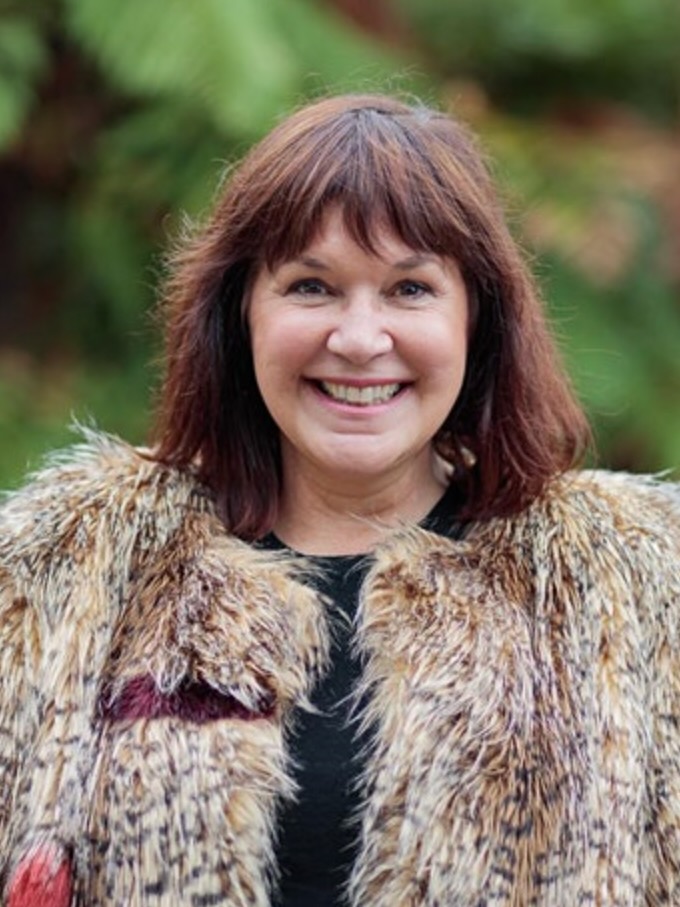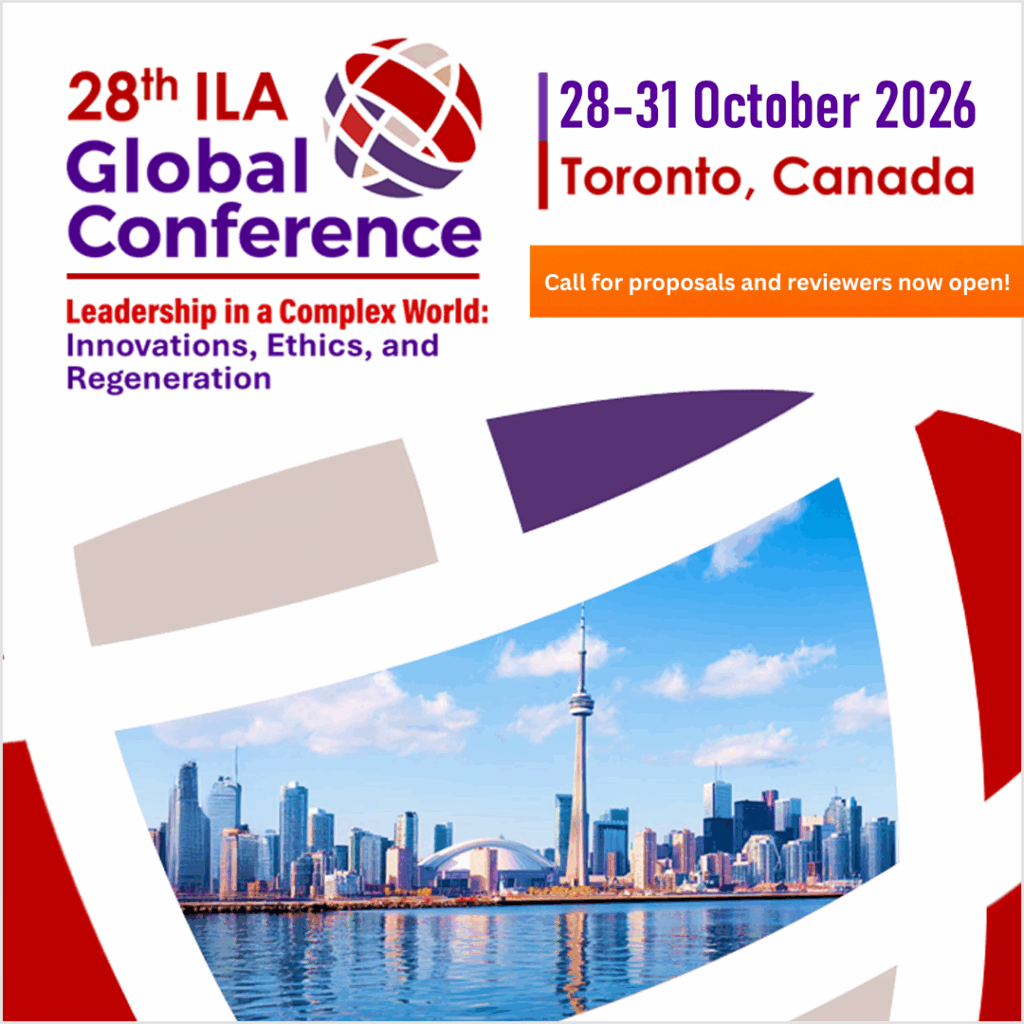
by Professor Chellie Spiller, Fellow, International Leadership Association
- 12 May 2022
Share:
The Secret Life of Leadership Rocks (Part 1) highlighted management expert Tom Peter’s advice that listening is a bedrock of leadership excellence (Dooley, 2018). In this blog, I explore the power and potential of listening not only to others but also to our past-future self in a way that can change the world.
Active listening to colleagues, customers, employees, competitors, workplace surveys, and even giving full consideration to 360-degree feedback forms part of a leader’s listening repertoire. Active listening involves paying attention to others, being in the present moment, minimizing the amount of internal chatter that is forming a response; avoiding judgment; responding appropriately, such as with compassion; reflecting; clarifying and asking open questions; and not jumping in to fix or to solve.
We are all familiar with meetings where it is hard to get a word in edgeway; people interrupt and talk over each other to feel heard. Aleut leader Ilarion (Larry) Merculieff (2012) describes the experience of such a meeting: “Oh my gosh,” he says, “we interrupt each other, we’re assertive, and we push ourselves into the talk and leave a lot of other people out.” He calls for a revival of the “art of honourable discourse” so the “true intelligence of the collective” can arise. A Talking Circle, where process and relationships are more important than goals and end outcomes, helps set the space and conditions for collective intelligence to emerge. In this process, each person speaks without interruption, and others give their unfiltered, undivided, unbiased attention to hear what is shared. Merculieff’s description of a Talking Circle resonates with the ancient Indigenous Māori process of wānanga, which cultivates the space for collective reflective inquiry where people gather with a shared intention to surface wisdom and deep insight. In wānanga, time orientation is towards a holistic “perpetual present” (Spiller et al., 2020). Leaders need to make time to practice this key competency and in doing so will cultivate deeper connections, trust, and insight in their teams.
Australian Indigenous scholar Michelle Evans (Spiller et al., 2021) emphasizes the importance of “truly listening … finding a generative space … finding a timeless place inside ourselves …” (p. 88), and she illuminates the evocative words of Aboriginal activist, educator, and artist Miriam-Rose Ungunmerr-Baumann (2002) who describes dadirri, deep listening:
…dadirri…It is inner, deep listening and quiet, still awareness. Dadirri recognises the deep spring that is inside us. We call on it and it calls to us…It is something like what you call “contemplation”. When I experience dadirri, I am made whole again. I can sit on the riverbank or walk through the trees; even if someone close to me has passed away, I can find my peace in this silent awareness. There is no need of words. A big part of dadirri is listening. (p. 1)
These ancient Indigenous processes point to a form of listening across time and space.
Today, we need this listening more than ever. We need to listen to our timeless self, our past and future self. This approach goes beyond the limiting notion of a “now” self. It embraces the idea of an intergenerational self who is a reflection of descendants and ancestors and thus part of a movement through time. Zen Master Tich Nhat Hanh (2021) describes an “interbeing” self who is interconnected to ancestors, future generations, and all of creation. He asks, “Can we hear the voices of previous generations, and of the next? Can we hear those voices in our own times that are not being heard? Can we hear the voices of other species, and of the Earth?” (p. 35). He encourages a philosophy of being grounded in the present moment and says, “once we touch reality deeply in the present moment, we touch the past, we touch the future, and we touch eternity” (p. 14).
Listening to our past-future self from a place of interbeing is to honestly and courageously face the situation we are in, the planet we are impacting in such a devastating way, and the plight of people worldwide.
Listening to our past-future self from a place of interbeing is to honestly and courageously face the situation we are in, the planet we are impacting in such a devastating way, and the plight of people worldwide. It is to sit with and pay attention to the emotions that listening might bring up, such as discomfort, grief, sadness, perhaps cynicism. Such listening also calls us to imagine possibilities and take action in the service of descendants — not just of humans but of all forms of life, where, in an Indigenous view, even rocks have a life force. We are called to listen to the mighty rock that supports us: Planet Earth.
As leaders, if we want to practice leadership that supports regenerative futures we need to listen within. I recently attended a gathering focused on the Inner Development Goals This globally oriented initiative has developed an open-source suite of skills and qualities of human inner growth to support the fulfilment of the U.N. Sustainable Development Goals (SDGs). The framework is organized across five categories: 1. Being – Relationship to Self; 2. Thinking – Cognitive Skills; 3. Relating – Caring for Others and the World; 4. Collaborating – Social Skills, and 5. Acting – Driving Change. One of the presenters, Phoebe Tickell, “a renegade scientist, systems thinker and social entrepreneur,” led participants through an activist imagination method modeled on an Indigenous seven-generation philosophy. We formed pairs, and Phoebe guided us through a journey of encountering our future descendants. The imagination exercise is dedicated to “building a movement of moral imagination: collective imagining to increase radical kinship with the human and more-than-human worlds, present, past and future” (Moral Imaginations).
Indigenous wisdom calls us to give the gift of listening not only to others but also to our past-future self, our interbeing self. Collectively, it has the potential to surface a deeper form of wisdom and inspired action that can change the world and, after all, isn’t that the higher purpose of leadership?
We cannot change the world if we’re not able to change our way of thinking, our consciousness. Collective change in our way of thinking and seeing things is crucial. Without it, we cannot expect the world to change. (Hanh, 2021, p. 12)
References
Dooley, R. (2018, June 6). What’s the One Word Business Guru Tom Peters Writes on His Hand Before Meetings? Forbes. https://www.forbes.com/sites/rogerdooley/2018/06/06/tom-peters/?sh=2cb0172c6cca
Hanh, T. N. (2021). Zen and the Art of Saving the Planet. HarperOne
Marculieff, I. (2012, May 14). Going to the Heart of Sustainability: An Indigenous Wisdomkeeper’s Perspective with Ilarion Merculieff [Talk]. Kalliopeia Foundation at the David Brower Center. https://vimeo.com/44699395
Spiller, C., Maunganui Wolfgramm, R., Henry, E., & Pouwhare, R. (2020). Paradigm Warriors: Advancing a Radical Ecosystems View of Collective Leadership From an Indigenous Māori Perspective. Human Relations, 73(4), 516–543. https://doi.org/10.1177/0018726719893753
Spiller, C., Evans, M., Schuyler, K. G., & Watson, L. W. (2021). What Silence Can Teach Us About Race and Leadership. Leadership, 17(1), 81–98. https://doi.org/10.1177/1742715020976003
Ungunmerr-Baumann, MR. (2002). Dadirri: Inner Deep Listening and Quiet Still Awareness. Printed by the author. http://www.dadirri.org.au/wp-content/uploads/2015/03/Dadirri-Inner-Deep-Listening-M-R-Ungunmerr-Bauman-Refl1.pdf

Chellie Spiller is a professor of leadership at the University of Waikato Management School, Aotearoa New Zealand. Her research explores wayfinding, authentic leadership and how businesses can create sustainable wealth and wellbeing. Chellie is a co-author of a book on traditional Polynesian navigation Wayfinding Leadership: Groundbreaking Wisdom for Developing Leaders (2015) with Hoturoa Barclay-Kerr and John Panoho. Wayfinding Leadership is a best-selling book for Huia Publishing. It was shortlisted for the Māori Book of the Year awards, 2016. Wayfinding Leadership is included in the list of 150 books by leading Māori authors assembled by the Royal Society of New Zealand to celebrate 150 years of Māori non-fiction publications. Wayfinding Leadership has catalysed a new approach to leadership development that is growing fast and programmes are currently being taught nationally and internationally. In 2013 her co-edited book with Donna Ladkin, Reflections on Authentic Leadership: Concepts, Coalescences and Clashes (Edward Elgar Press) was short-listed for an international leadership book award. Chellie’s latest book is Practical Wisdom, Leadership and Culture: Indigenous, Asian and Middle-Eastern Perspectives co-edited with Ali Intezari and Shih-Ying Yang. The stories from contributors around the world are illuminating and inspiring.

